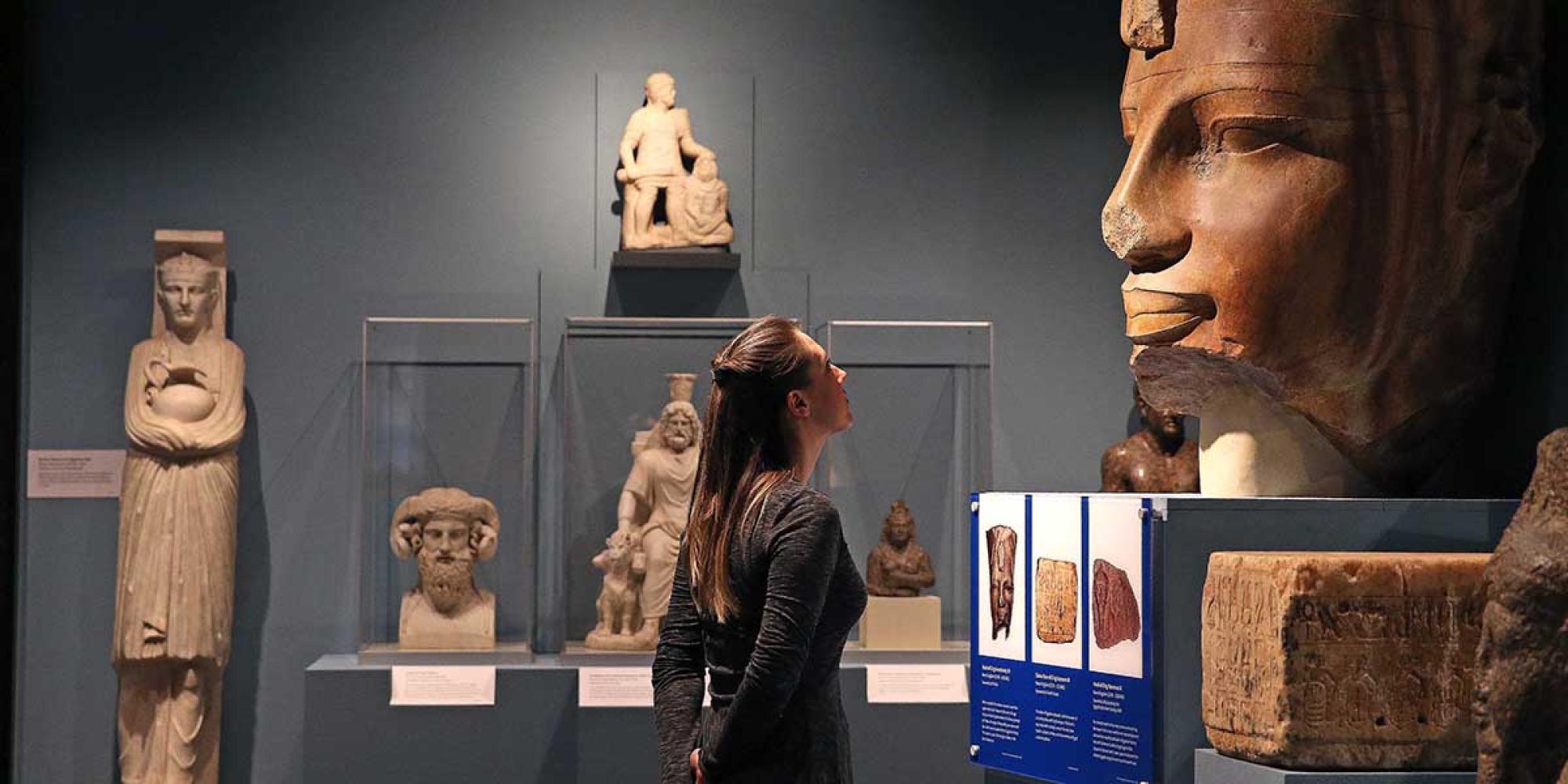The Best Museums for Learning About Ancient Civilizations
Ancient civilizations have left a profound legacy on our modern world, shaping culture, governance, and innovation. For those with a deep interest in understanding these foundational societies, museums offer an unparalleled opportunity to explore artifacts, art, and documents that tell their stories. 
Here, we delve into some of the world’s best museums dedicated to ancient civilizations, where history comes alive.
Smithsonian National Museum of Natural History
Located in Washington, D.C., the Smithsonian National Museum of Natural History stands as one of the preeminent institutions for understanding human origins and ancient cultures. Its exhibits span millions of years, offering a comprehensive look into the evolution of early civilizations.
Highlights of the Collection:
- The Hall of Human Origins showcases artifacts and interactive displays that trace the journey of humanity from early hominids to modern humans.
- The Egyptian Mummies exhibit features intricately preserved remains alongside tools and treasures that illustrate life in ancient Egypt.
Educational Programs: Visitors can participate in guided tours, workshops, and lectures by renowned archaeologists and historians.
- Why It’s Unique: With over 126 million specimens and artifacts, the museum provides a vast repository for anyone eager to explore ancient history.
Visit the Smithsonian National Museum of Natural History
The British Museum
The British Museum in London is a treasure trove of ancient artifacts, housing some of the most iconic pieces from civilizations around the globe. Established in 1753, it remains one of the most visited and respected museums in the world.
Highlights of the Collection:
- The Rosetta Stone, a cornerstone for deciphering Egyptian hieroglyphs, is a must-see.
- The Elgin Marbles, originally part of the Parthenon in Athens, showcase the artistry of ancient Greece.
- Mesopotamian artifacts, including the Royal Game of Ur, provide insight into the world’s earliest urban societies.
Interactive Experiences: The museum offers digital guides and virtual tours, allowing visitors to explore its extensive collections in innovative ways.
- Why It’s Unique: The British Museum’s commitment to free access ensures that knowledge of ancient civilizations is available to all.
Visit The British Museum
Louvre Museum
As one of the largest and most famous museums in the world, the Louvre in Paris offers an extensive collection that spans millennia. Its galleries dedicated to ancient civilizations are particularly awe-inspiring.
Highlights of the Collection:
- The Code of Hammurabi, one of the earliest written legal codes, is a fascinating glimpse into Babylonian law and society.
- Egyptian antiquities, including statues, jewelry, and sarcophagi, transport visitors to the heart of the Nile Valley.
- The Winged Victory of Samothrace, a Hellenistic masterpiece, epitomizes the artistry of ancient Greece.
Special Exhibits: The museum frequently hosts exhibitions that delve deeper into specific aspects of ancient cultures, offering fresh perspectives and rare artifacts.
- Why It’s Unique: Its setting in a historic palace adds an extra layer of grandeur, making the experience of exploring ancient artifacts even more memorable.
Metropolitan Museum of Art
Situated in New York City, the Metropolitan Museum of Art, or the Met, is renowned for its extensive collection of art and artifacts from ancient civilizations. It is a hub for enthusiasts of archaeology and history.
Highlights of the Collection:
- The Egyptian Art gallery, with its Temple of Dendur, offers a glimpse into ancient Egyptian architecture and spirituality.
- The Greek and Roman Art section boasts sculptures, pottery, and coins that tell the story of classical antiquity.
- The Ancient Near Eastern Art collection includes Assyrian reliefs and ceremonial objects that highlight the richness of Mesopotamian culture.
Engagement Opportunities: Visitors can join educational programs, from curator-led tours to family-friendly workshops, making it an enriching experience for all ages.
- Why It’s Unique: The Met’s focus on art as a universal language allows visitors to connect with ancient civilizations through their creative expressions.
Visit the Metropolitan Museum of Art
Other Noteworthy Museums
While the above institutions stand out, there are several other museums globally that offer incredible insights into ancient civilizations:
Pergamon Museum, Berlin:
- Famous for its monumental reconstructions, including the Pergamon Altar and the Ishtar Gate of Babylon.
Visit the Pergamon Museum
National Archaeological Museum, Athens:
- Home to an extensive collection of artifacts from ancient Greece, including the Mask of Agamemnon.
Visit the National Archaeological Museum
The Oriental Institute Museum, Chicago:
- Specializes in ancient Near Eastern artifacts, with highlights like the colossal Lamassu statues.
Egyptian Museum, Cairo:
- Houses the treasures of Tutankhamun, including his golden mask and chariot.
Visit the Egyptian Museum
Acropolis Museum, Athens:
- Features artifacts from the Acropolis, including sculptures and architectural elements from the Parthenon.
Visit the Acropolis Museum
Why Museums Matter for Understanding Ancient Civilizations
Museums serve as gateways to the past, allowing us to connect with ancient societies on a deeper level. They preserve artifacts that are crucial for:
- Education: Through curated exhibits and programs, museums provide a structured way to learn about history.
- Preservation: They protect fragile artifacts from deterioration, ensuring future generations can study and appreciate them.
- Cultural Exchange: By housing artifacts from various regions, museums promote a global understanding of humanity’s shared heritage.
Each museum offers unique insights, but collectively, they paint a comprehensive picture of human history. Whether you’re an academic, a history enthusiast, or a curious traveler, visiting these institutions is a journey worth undertaking.
References:
- Smithsonian National Museum of Natural History
- The British Museum
- Louvre Museum
- Metropolitan Museum of Art
- Pergamon Museum
- National Archaeological Museum
- Oriental Institute Museum
- Egyptian Museum
- Acropolis Museum



















































